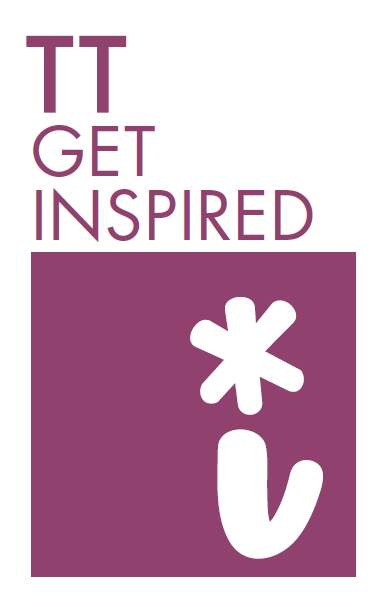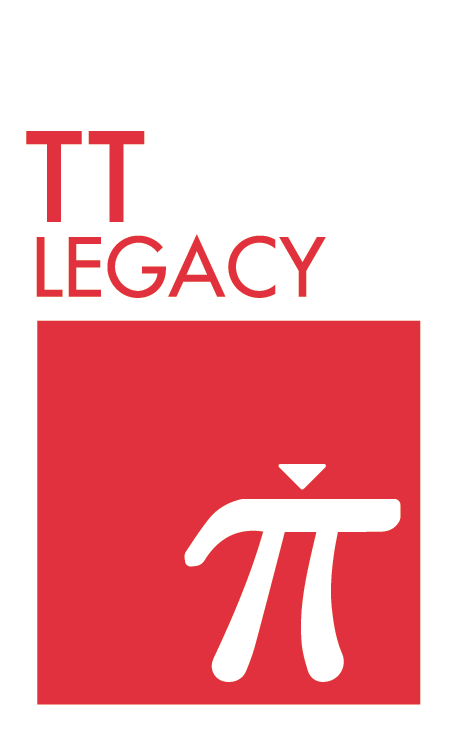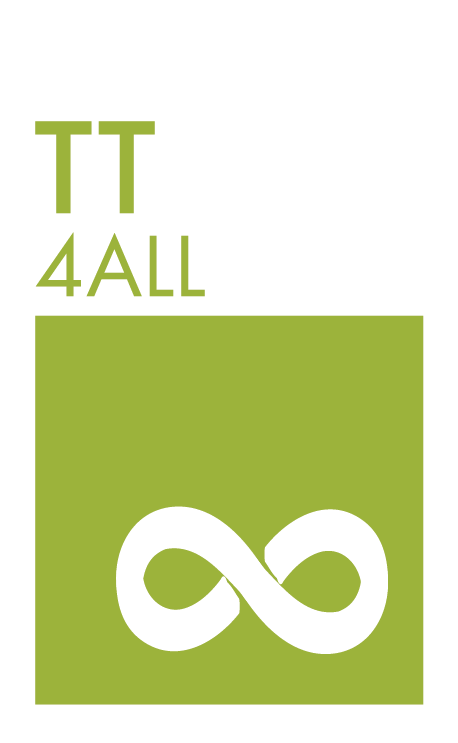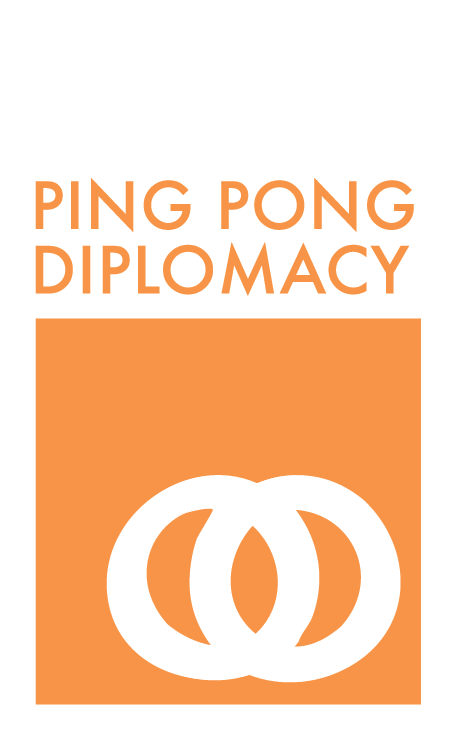Get inspired: TT Dream Building
Get inspired:
Development and Peace through Table Tennis
Browse through our online library and be inspired by useful tips and best practises, which are related to our TT Dream Building Programme. We are constantly working on adding content.
Please contact us in case you have useful documents you would like to share with others in order to use table tennis for positive social outcomes!
Manuals and toolkits

The activities are designed for schools but can be adapted for community groups, youth grous and organisations working with children and youth.

The manual combines games and recource kit to assist coaches and teachers to deliver fun and inclusive games with or without tables to primary school-aged children.
AUSTRALIAN SPORTS COMMISSION: Playing for Life - Table Tennis (4.6 MiB)

The sport-for-development programme is a tool using table tennis to improve the lives of people with a disability with fun, safe and inclusive activities.

The manual is intended to be practical and adapted to realities on the ground encouraging the use of sport for development and peace.

This impact report gives an example on how to leverage the power of table tennis to support young people from marginalised communities by addressing gender inequality and offering opportunities to develop relevant and necessary soft skills.
Pro Sport Development Internation: Community Table Tennis (27.1 MiB)
Valuable links
Inspirational storytelling

The changemaker series are a set of interviews that look to move the spotlight from the usual “project impact and outcomes” of our regular work. This is an opportunity to illustrate the humans behind the projects – those who choose to go above and beyond. We hope it will inspire others to do the same and serve as testimony that however big or small your dream, it is possible to bring positive social change to your community. These are the everyday heroes in the Dream Building Fund Programme.
- Project leader Laura Forero, Asomujer y Deporte, Affective Leadership, COLOMBIA
- Project leader Nathaniel Kwesi Somuah, Asoba Foundation, EduDrive Table Tennis, GHANA
- Project leader Ishmael Abraham Armah, NK Foundation, EduDrive Table Tennis, GHANA
- Project leader Netina Latu, Tonga Table Tennis Federation, Smash Down Barriers, TONGA
- Project leader Suheil Tandon, Pro Sport Development, Community Table Tennis, INDIA
- Project leader Mark Smith, Ping Pong Alkmaar, Serving for Inclusion, NETHERLANDS
- Project leader Renato Walkowiak, Levallois Sporting Club, Ping4Alzheimers, FRANCE
- Project leader Alvaro De Abreu Puig, Talent4Development, Mathare Tables for Hope, KENYA
- Project leader Emmanuel Bale, Slum Ping Pong, UGANDA
- Project leader Birungi Lloyd, Hoima Network of Child Rights Clubs: Education for Success, UGANDA
- Project leader Mauricio Cordova, Fundación de las Américas: Points that tear down barriers, ECUADOR
- Coach Yousef Abu Yaman, Za'atari Camp: Dream Building with Refugees, JORDAN

The stories of change series are a set of interviews conducted by our Dream Building Fund project leaders to assess the project's impact on the lives of people engaged in the project, such as; participants, volunteers, staff or coaches, teachers, family members, project partners, community leaders etc. This is an opportunity to learn what worked, what did not work and why it did not work in order to improve the project if necessary.
Navigation
Our Sponsors







